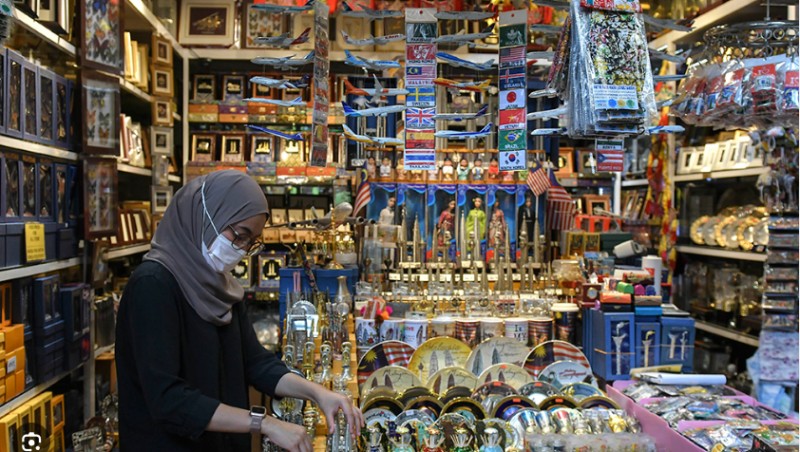
Image credit: Malaysiakini
KUALA LUMPUR: Subsidy reforms must be sequenced and phased in gradually to avoid a big shock to consumers and businesses, says the Associated Chinese Chambers of Commerce and Industry of Malaysia (ACCCIM).
Its president, Tan Sri Low Kian Chuan, said small price increases were easier to swallow and would allow people and businesses to adapt to the new price situation over time.
"We believe that a better and clearer understanding of the fuel subsidy rationalisation can foster a sense of shared responsibility and work towards sustainable fossil fuel policies that benefit the economy and environment.
"The reforms require careful design and considerate execution with ease of administration and transparency to minimise 'inclusion and exclusion' errors as well as better enforcement to enhance its effectiveness."
Low said, over time, the fuel and energy subsidy rationalisation necessitates small and medium enterprises (SMEs) to look for alternative and cleaner sources of energy to optimise their operating costs and maintain competitiveness.
"As such, the government can provide tax incentives for SMEs to adopt renewable energy sources and energy - efficient technologies to help reduce reliance on fossil fuels, easing the impact of fuel price fluctuations."
Low, however, praised the government as the diesel subsidy rationalisation based on a targeted approach was a step in the right direction to ensure fiscal and debt sustainability.
He said the subsidy savings of RM4 billion were poised to benefit the economy as it could be rechanneled to the productive sectors such as healthcare, education and public transportation as well as elderly care community services.
"We welcome the continued subsidies given to public transportation vehicles and goods transportation vehicles to help minimise the impact of inflation and business costs, as well as cash aid of RM200 per month to the eligible individuals who own private diesel - powered vehicles, such as small traders and farmers, among others to mitigate the cascading effects of cost passed through onto households.
"Additionally, the fuel subsidy rationalisation also encourages environmentally sustainable practices."
Yesterday, the Finance Ministry announced a diesel subsidy aid programme involving a monthly allocation of RM200 for eligible individuals as well as agriculture and commodity smallholders.
The programme, called Budi Madani, consists of the Individual category which, among its eligibility criteria, requires applicants to be Malaysian citizens and own a private diesel vehicle registered with the Road Transport Department (RTD).
Meanwhile, for the Budi Agri - Commodity category for small - scale farmers and smallholders, applicants must be registered with the relevant agencies under the Agriculture and Food Security Ministry or the Plantation and Commodities Ministry.
Source: https://www.nst.com.my/news/nation/2024/05/1056532/acccim-subsidy-reforms-must-be-gradual

